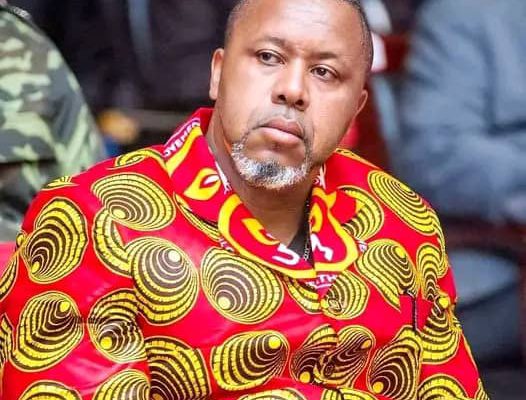
The ongoing Commission of Inquiry investigating the plane crash that tragically claimed the lives of former Vice President Saulos Chilima and eight others has brought to light a letter from the Secretary to the President and Cabinet, Colleen Zamba, to President Lazarus Chakwera.
The letter, written before the funeral of the late Raphael Kasambara, raised several questions requiring the President’s guidance and approval. These questions pertained to the government’s official role in the funeral arrangements, the allocation of funds, and whether military honours should be granted to Kasambara.
One key issue raised in the letter was the consideration of military honours. Raphael Kasambara, a former cabinet minister and a prominent political figure in Malawi, had a notable legacy but also a contentious history, having been convicted in a court of law. Zamba sought the President’s decision on whether granting military honours would be appropriate in light of Kasambara’s legal record. This posed a sensitive challenge, requiring a balance between recognising his political contributions and acknowledging his conviction.
The letter also requested the President’s approval for the release of K5 million as condolence money to support the funeral arrangements and assist the family during their bereavement. This request, however, raised broader questions about the government’s involvement in personal matters, especially when the individual in question had a controversial background.
Additionally, the letter sought guidance on who would officially represent the government at Kasambara’s funeral in Nkhata Bay. As a former cabinet minister, Kasambara’s funeral warranted formal government representation.
Zamba asked for clarification on the most appropriate individual to fulfil this role, taking into account both the respect due to Kasambara’s public service and the sensitivity surrounding his legal history.
Government did not offer an explanation regarding its involvement in the funeral. A response to Zamba’s letter has not been made public.














